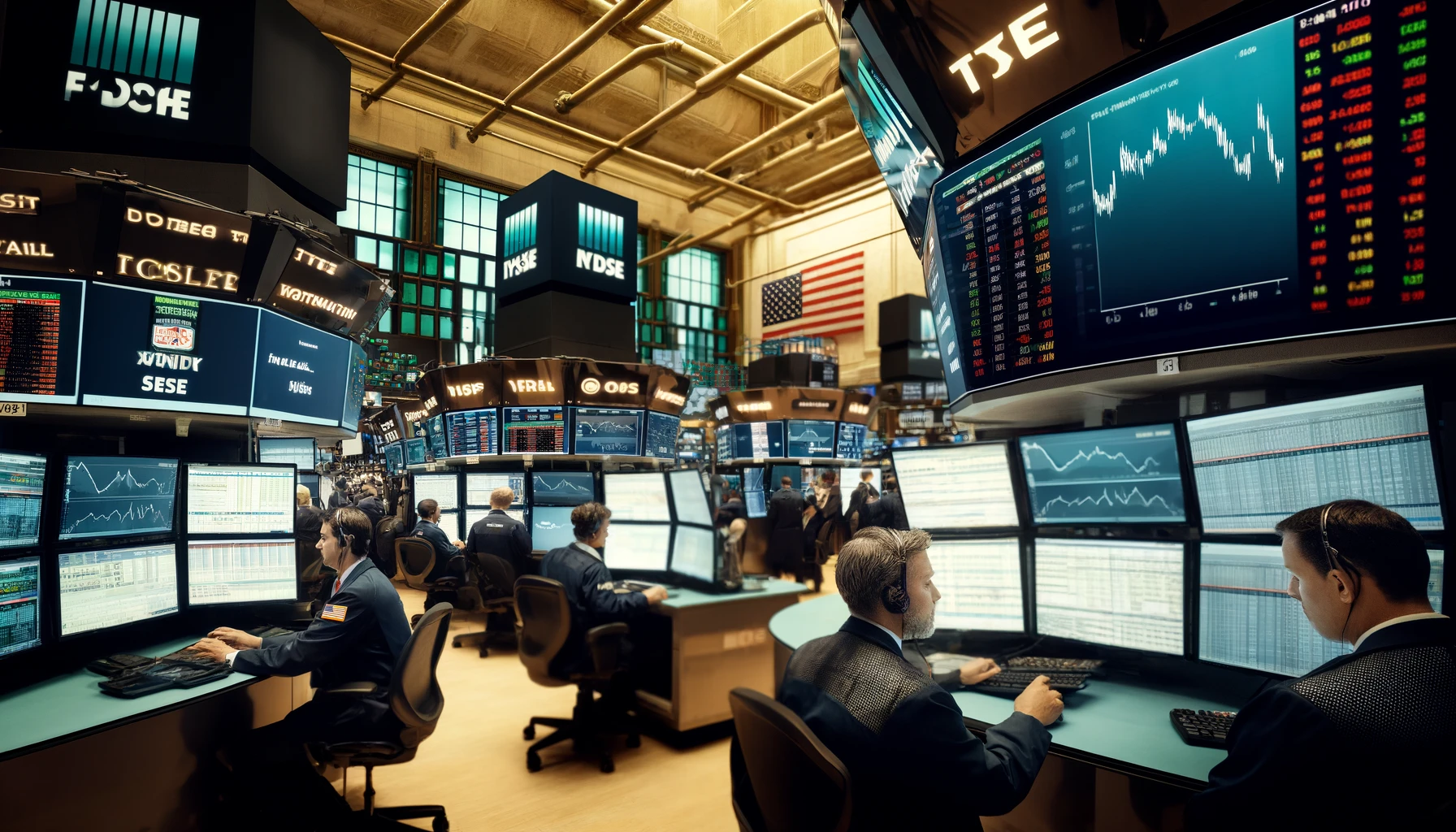
In the ever-evolving landscape of global markets, understanding investor sentiment is crucial for making informed decisions. Recent movements in the Dow Jones index, coupled with insights from the CNN Money Fear and Greed index, offer valuable insights into market dynamics and investor behavior. Here’s a comprehensive analysis of the latest market developments and what they mean for investors worldwide.
Dow Jones Records Seventh Consecutive Gain
The Dow Jones index continues its upward trajectory, notching gains for the seventh consecutive session. This sustained momentum reflects growing optimism among investors, buoyed by positive economic indicators and corporate performance. Roblox Corp’s better-than-expected first-quarter results and gains in sectors like utilities, real estate, and energy contribute to the index’s upward climb, signaling robust market resilience amidst ongoing challenges.
Moreover, the Dow’s consistent gains underscore investor confidence in the economy’s recovery from the pandemic-induced downturn. With vaccination efforts underway and economic stimulus measures supporting growth, investors are increasingly optimistic about the prospects for corporate earnings and overall market stability.
Mixed Signals from the Fear and Greed Index
Despite the Dow’s upward trend, the CNN Money Fear and Greed index paints a more nuanced picture of market sentiment. While showing improvement, the index remains in the “Fear” zone, highlighting lingering apprehensions among investors. This divergence underscores the complexity of investor psychology and the multifaceted factors influencing market sentiment.
Factors such as inflation concerns, geopolitical tensions, and uncertainties surrounding monetary policy decisions contribute to the cautious sentiment reflected in the Fear and Greed index. Investors remain vigilant, closely monitoring developments that could impact market dynamics and adjusting their investment strategies accordingly.
Economic Data and Sector Performance
Key economic data, including U.S. initial jobless claims, provide additional context to market dynamics. While jobless claims increased slightly, they remain within manageable levels, indicative of a recovering labor market. However, concerns linger about the pace of job creation and the potential impact on consumer spending and economic growth.
Sector-wise, utilities, real estate, and energy stocks emerge as top performers, reflecting investor interest in defensive and value-oriented sectors. These sectors often outperform during periods of uncertainty or market volatility, offering stability and consistent returns to investors seeking refuge from market fluctuations.
Implications for Investors
For investors, navigating market sentiment requires a nuanced approach that balances optimism with caution. While the Dow’s gains and positive economic indicators offer reasons for optimism, the Fear and Greed index underscores the importance of remaining vigilant amidst market uncertainties. Assessing sector performance and closely monitoring earnings reports from companies like Hawaiian Electric Industries, Enbridge Inc., and DNOW Inc. can provide valuable insights for informed decision-making.
Investors should also consider diversifying their portfolios to mitigate risks associated with market volatility. By spreading investments across different asset classes and sectors, investors can reduce their exposure to specific market risks and enhance portfolio resilience. Additionally, maintaining a long-term perspective and avoiding knee-jerk reactions to short-term market fluctuations can help investors stay focused on their investment goals and navigate volatile market conditions with confidence.
Understanding the Fear & Greed Index
The CNN Business Fear & Greed index serves as a valuable tool for gauging market sentiment. By analyzing seven equally-weighted indicators, including investor sentiment, market momentum, and stock price breadth, the index provides a holistic view of investor psychology. Ranging from 0 to 100, with lower values indicating fear and higher values indicating greed, the index offers valuable insights into prevailing market sentiment and potential shifts in investor behavior.
Conclusion: Navigating Market Volatility with Informed Decision-Making
In today’s dynamic market environment, understanding and navigating investor sentiment is paramount for success. While the Dow’s surge and positive economic indicators offer reasons for optimism, the Fear and Greed index reminds investors of the importance of remaining cautious amidst uncertainties. By staying informed, assessing sector performance, and leveraging tools like the Fear & Greed index, investors can make informed decisions that align with their financial goals and risk tolerance, positioning themselves for long-term success in an ever-changing market landscape.











